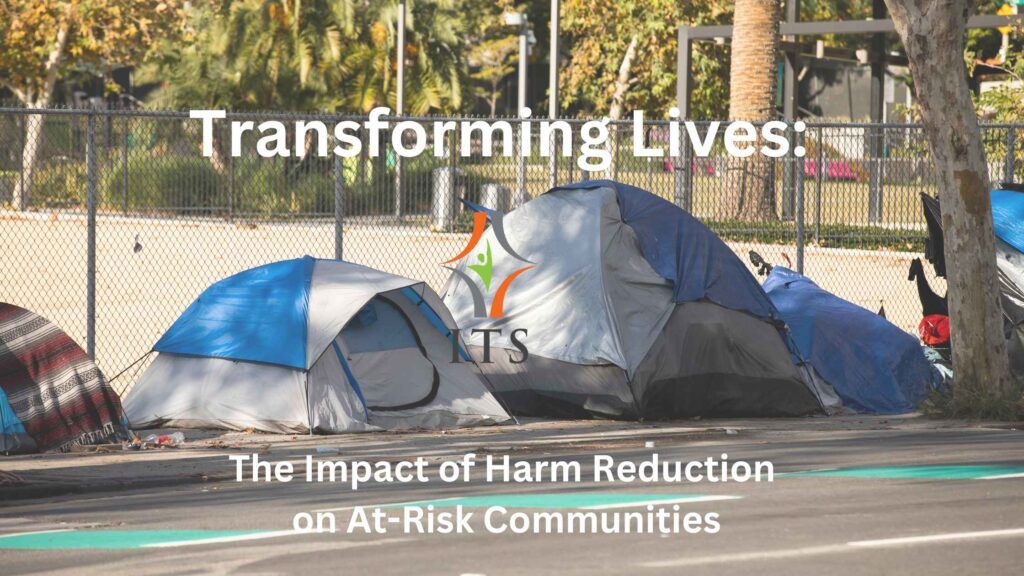In the realm of public health and addiction treatment, harm reduction emerges as a beacon of hope, guiding at-risk communities towards safer practices and healthier futures. The impact of harm reduction is profound, fostering an environment where individuals are met with compassion, understanding, and practical support. This approach not only saves lives but also empowers individuals to make informed decisions about their health and well-being. Through this lens, we’ll explore how harm reduction strategies are transforming lives and reshaping the narrative around addiction and public health.

Understanding Harm Reduction
Harm reduction refers to policies, programs, and practices aimed at minimizing the negative health, social, and legal impacts associated with drug use, sexual health, and other high-risk behaviors. Unlike approaches that solely focus on abstinence or punitive measures, harm reduction acknowledges the complexities of human behavior and seeks to reduce harm without necessarily requiring cessation of risk-taking activities.
The Philosophy Behind Harm Reduction
At its core, harm reduction is grounded in justice, equity, and respect for individual autonomy. It recognizes the inherent dignity of every person, regardless of their circumstances, and strives to provide non-judgmental, evidence-based support. By addressing the root causes of risky behaviors and offering accessible resources, harm reduction helps build a foundation for sustainable change.
The Impact of Harm Reduction on Communities
Harm reduction initiatives have a ripple effect across communities, touching lives in multiple, meaningful ways. From reducing the transmission of infectious diseases to fostering social inclusion, the benefits of harm reduction are both tangible and far-reaching.
Reducing Health Risks
One of the most immediate impacts of harm reduction is the reduction in health risks associated with unsafe practices. Needle exchange programs, for example, significantly decrease the rate of HIV and Hepatitis C transmission among intravenous drug users. Similarly, providing access to naloxone, an opioid overdose reversal drug, has saved countless lives by preventing fatal overdoses.
Promoting Access to Treatment and Support
Harm reduction serves as a critical bridge to treatment and support services for individuals who may not be ready or able to embrace abstinence. By engaging with individuals in a non-coercive manner, harm reduction programs can gently guide them towards comprehensive care, including mental health services, substance use treatment, and social support networks.
Enhancing Public Safety and Community Well-being
Beyond its direct benefits to individuals, harm reduction contributes to broader community well-being and public safety. Safe consumption sites, for instance, not only provide a supervised environment for drug use but also connect users with healthcare and social services, reducing drug-related litter and public intoxication. This holistic approach enhances the quality of life for the entire community, fostering a safer, healthier, and more inclusive society.
Implementing Harm Reduction Strategies
The successful implementation of harm reduction strategies requires a collaborative, multi-faceted approach. Engaging stakeholders from various sectors, including healthcare, law enforcement, community organizations, and people with lived experience, is essential to creating effective, sustainable programs.
Education and Training
Educating the public and professionals about the principles and benefits of harm reduction is crucial to dispelling myths and reducing stigma. Training for healthcare providers, law enforcement officers, and community workers ensures that they are equipped to support harm reduction initiatives effectively.
Policy and Advocacy
Advocating for supportive policies at local, national, and international levels is vital to the expansion and success of harm reduction efforts. This includes pushing for legal reforms, securing funding for harm reduction programs, and promoting evidence-based practices.
Conclusion: A Call to Action
The impact of harm reduction on at-risk communities is undeniable. By embracing this compassionate, evidence-based approach, we can transform lives, break the cycle of addiction, and build healthier, more resilient communities. As an organization dedicated to addiction treatment, we urge stakeholders at all levels to join us in supporting harm reduction initiatives. Together, we can create a world where everyone has the opportunity to thrive, free from the harms associated with high-risk behaviors. Let us commit to this vital work, for the well-being of individuals and the betterment of our communities.
